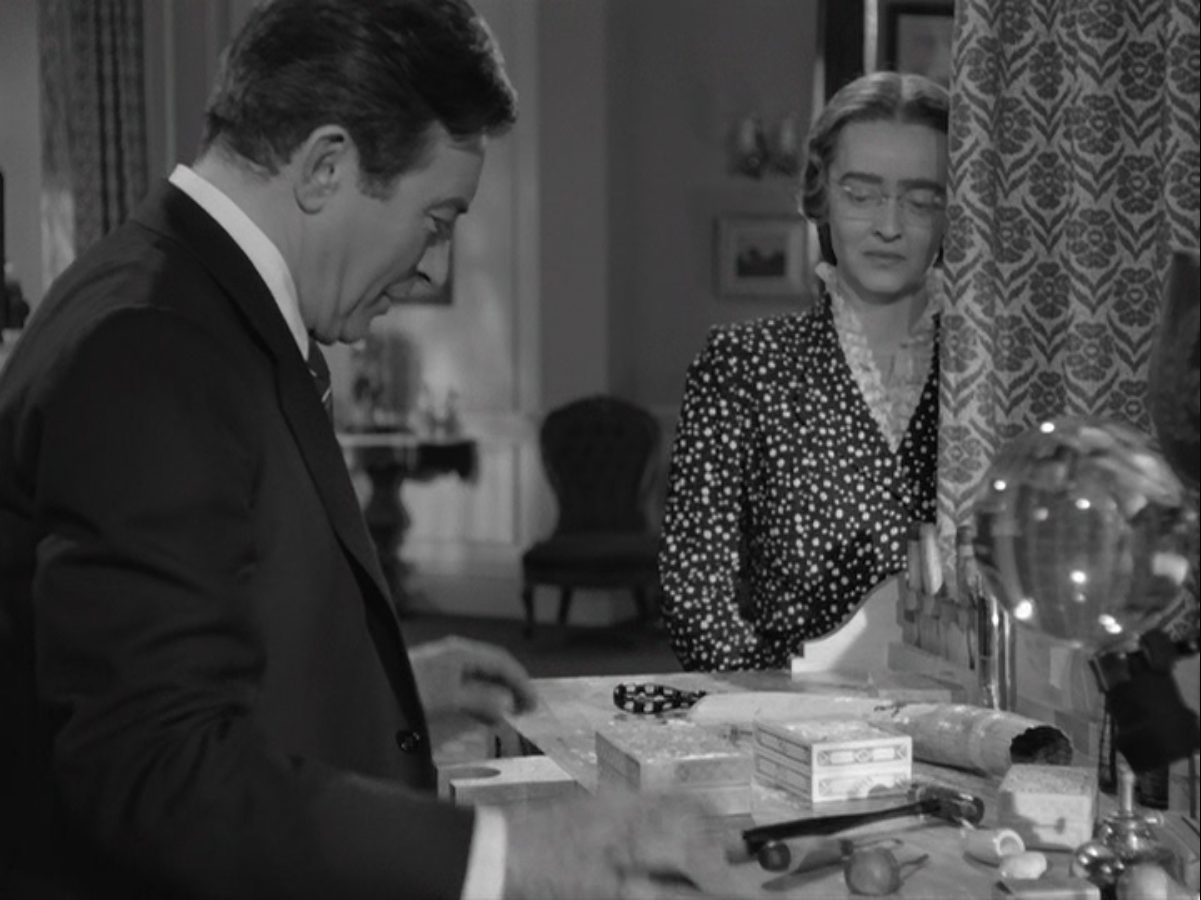Bette Davis wasn't initially interested in the role of Charlotte Vale in the film adaptation of Olive Higgins Prouty's "Now Voyager." Norma Shearer and Irene Dunne were approached, Ginger Rogers was given the actual source material by Producer Hal Wallis. But Davis was already neck-deep in running The Hollywood Canteen and her film career and all of her work in the World War 2 effort. Wallis appealed to her philanthropic side, advising "that female audiences needed romantic dramas to distract them from the reality of their lives" and once Davis was in, she was all in. She read the material and became involved in the wardrobe with designer Orry-Kelly.
Charlotte Vale was an unwanted child to a rich family of three boys and her mother emotionally and verbally abused her for her whole life until believed to be close to a nervous breakdown. Psychiatrist Dr. Jaquith (Claude Rains) is brought in thanks to one of her sister-in-laws and insists that she enter his sanitarium. After some time in Jaquith's care, a newly transformed and confident Charlotte goes on a cruise instead of going back to the Vale mansion right away. While on the ship she meets an unhappily married man (Paul Henreid) who is being kept to his vows by an equally abusive wife who keeps him from a daughter she does not love and keeps him from his dream career. There is instant attraction and with the confidence she gets from her time away and by Jerry's love, however fleeting, she finally stands up to her mother. The awful woman dies of a heart attack hours later and Charlotte is so distraught, she goes back into the sanitarium. Once there, fate intervenes again.
Between the book and movie, the themes of psychoanalysis and mental health was one of the first






No comments:
Post a Comment